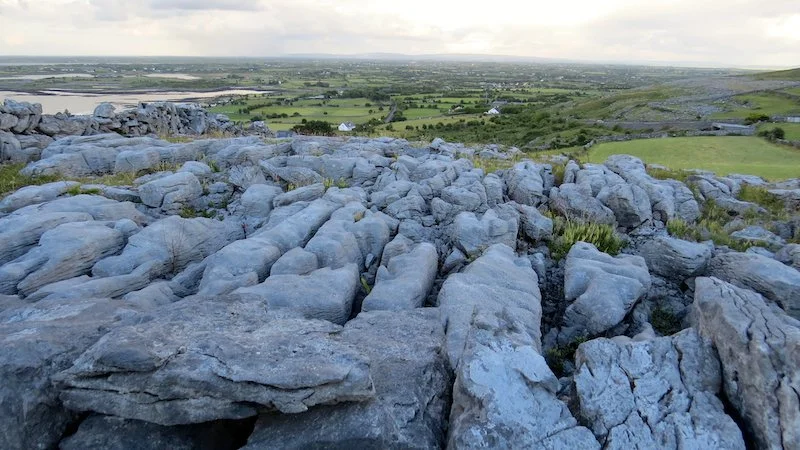Writing From the Inside Out 2023 Week 4 Prompts
based on David Whyte’s The Opening of Eyes
Read the poem
Do your own reflection on it, noting what it inspires in you
Feel free to use your own reflection as your prompt or…
Use the selection of prompts in the column on the right
Pick one that inspires you and write (feel free to use only one or write several poems using different prompts) or…
Don’t use any of the provided prompts and follow your inspiration from wherever it comes
The Opening of Eyes
That day I saw
beneath the dark clouds
the passing light over the water
and I heard the voice
of the world speak out,
I knew then, as I had before,
life is no passing memory
of what has been
nor the remaining pages
in a great book
waiting to be read
It is the opening
of eyes long closed.
It is the vision of far off things
seen for the silence they hold.
It is the heart after years
of secret conversing
speaking out loud
in the clear air.
It is Moses in the desert
falling to his knees
before the lit bush.
It is the man
throwing away his shoes
as if to enter heaven
and finding himself
astonished, opened at last,
fallen in love
with solid ground.
Please join Writing From The Inside Out by attending the read-around sessions on Thursday afternoons. It’s free, fun, a great way to share, and reading a poem is optional. If you have not registered, click the button below; and if you have registered, you do not need to register again, simply use the link sent to you in your confirmation email. Register Here:
Next Read-Around is:
Thursday, January 26, 2023 at 5:00 PM PST
My Thoughts
On occasion, we experience a Horizon moment when we step back from the details of our life and get a glimpse of something grander. Although the glimpse can provide a clear view of the landscape of our lives, or offer us a clear sense of direction or purpose, the revelation often arrives more subtly, metaphorically, or in a feeling or sensation, or simply as a sense of knowing. It can come plainly, unpretentiously, in the way light strikes the surface of water or as grandly as hearing the voice of the world speak to you. David Whyte’s poem, The Opening of Eyes, captures the moment of revelation as a kind of awakening through the opening of eyes long closed.
The poem offers an insight about life expressed in a contrast, first by describing what life is not and then on to what life is; especially what life is about when viewed from one of those horzon moments when past and future lose their grip on us. We see into things more clearly, hear and hold silence more deeply, and feel free to speak our truths out loud in the clear air. Whyte likens the opening of eyes to what Moses experienced before the burning bush. It is unlikely our horizon moments will be on par with such revelatory grandiosity, but it may well come with an abiding sense of being touched by something beyond ourselves. Regardless of its magnitude, we are likely to feel gifted and find ourselves in a state of reverence. And, hopefully, opened at last, anchored in truths on which we can truly stand, we feel ourselves falling in love with the solid ground they provide us.
Poem: The Opening of Eyes by David Whyte
https://davidwhyte.com
Prompt Menu
Journal or write a poem uses the contrasting prompts of Life is not… and Life is…
Follow the suggestion above but insert your own abstaction (instead of Life, use Love, Joy, Desire, etc.)
Use the phrase “I heard the voice of the world speak out: as yourp rompt andswrite what you hear the world speaking.
Describe your own horizon moment, a time when you were able to get a grand view oflife or of your life or of a epoch inyour life.
Journal or Write a poem of what do you see in your vision of far off things.
Journal or write a poem about what your heart is ready to speak out loud after years of secret conversing.
Take any classic image from a spritual or secular tradition or art history and write an ekphraistic poem (a poem written about a work of art)
Journal or write a poem about a truth or truths that serve as solid ground and on which you feel you can stand. Or write about “falling inlove with solid ground.”
As usual, write about anything else that inspires you from the poem or from life.
